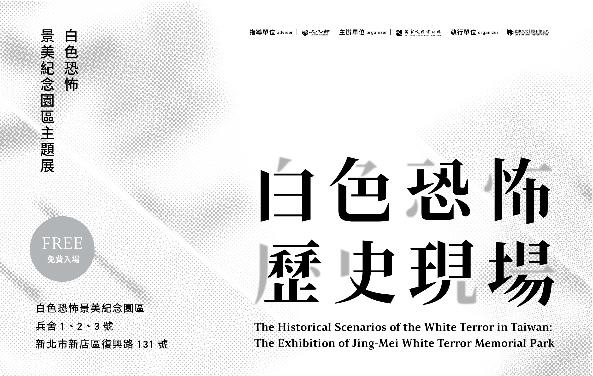Date:Tuesday 24 September 2023 to Sunday 26 October 2025 Time: Open 9am to 5pm Tuesday to Saturday Location: National Human Rights Museum, No.131, Fuxing Rd. Xindian Dist., New Taipei City (Jing-Mei White Terror Memorial Park) In the Māori worldview, the separation of Father Sky and Mother Earth creates the living space for humans. Māori people, residing in Aotearoa, or "Land of the Long White Cloud," were confronted by the influx of European settlers starting in the 18th century—and a complex interaction of trade, cooperation, and conflict between the two sides has unfolded ever since. Despite attempts to safeguard their sovereignty through the signing of the Declaration of Independence and the Treaty of Waitangi, they still experienced rapid loss of land, language, and culture, and suffered discriminatory treatment economically and socially under British colonial rule. Over generations, Māori of Aotearoa have demonstrated resilience and creativity, defending their identity and reviving their language and culture. The experiences and achievements of Māori in their struggle for historical justice on the global stage of Indigenous rights are noteworthy and serve as a valuable example for Taiwan. This feature exhibition showcases how Māori have addressed colonial traumas and injustices through a variety of screen narratives. Their efforts extend beyond seeking apologies, compensation, and reconciliation within the system; they are grounded in Tikanga Māori (Māori cultural principles) and aim to explore and articulate the truth. Through the power of imagery narratives, Toitū te Māori: truthfully presenting the life of the Māori people, and protecting their values of justice and dignity.


FIHRM-ASIA PACIFIC
TO PROMOTE KNOWLEDGE OF AND RESPECT FOR HUMAN RIGHTS IN ASIA PACIFIC, THROUGH ACTIONS IN MUSEUMS.
Join Us


FIHRM-ASIA PACIFIC
TO PROMOTE KNOWLEDGE OF AND RESPECT FOR HUMAN RIGHTS IN ASIA PACIFIC, THROUGH ACTIONS IN MUSEUMS.
Join Us

FIHRM-ASIA PACIFIC
TO PROMOTE KNOWLEDGE OF AND RESPECT FOR HUMAN RIGHTS IN ASIA PACIFIC, THROUGH ACTIONS IN MUSEUMS.
Join Us



